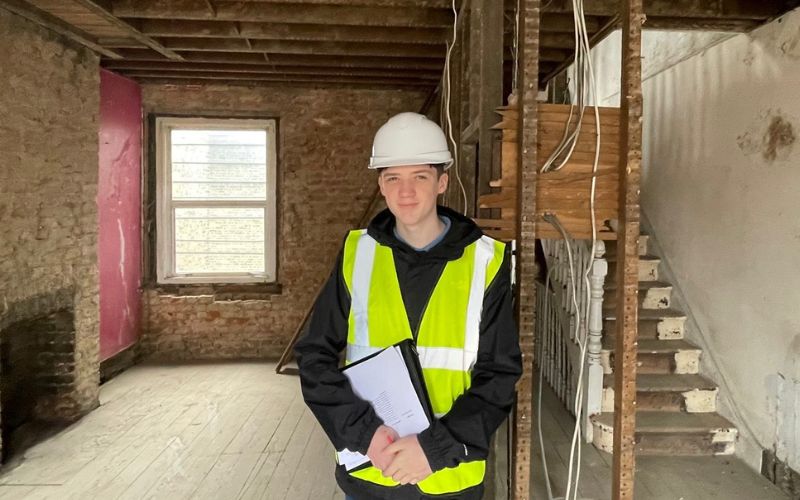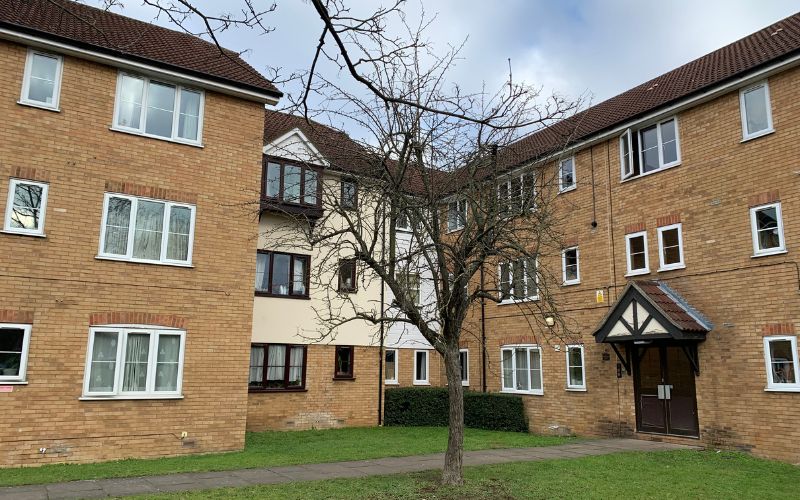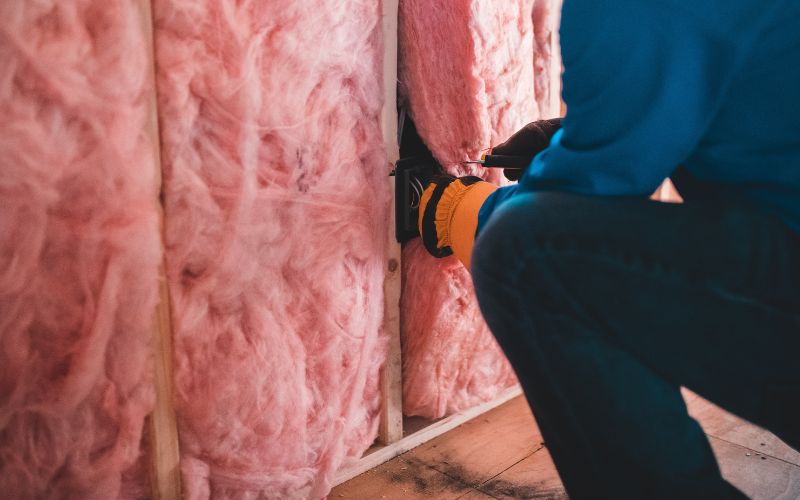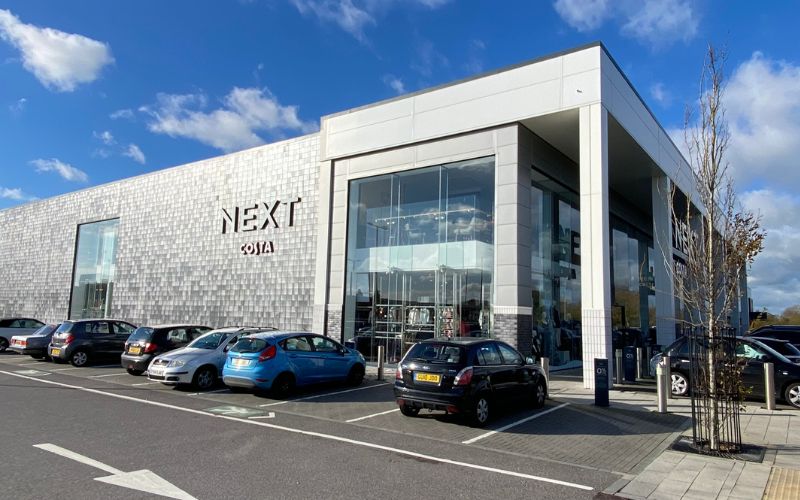Despite a gradual rise in the number of female recruitments, a lack of information and social prejudices are just some of the things that still hold women back from pursuing careers in construction.
What are the stats?
According to recent data from RICS, there’s under 11% of women in the construction industry globally, and only 14% of women hold executive positions within the industry.
Additionally, just 13% of construction companies worldwide are owned by women, yet whilst these figures are gradually improving, it remains to be a slow progression across the entire sector.
In the UK, 14% of those working in the construction industry are women. That figure rises slightly to 18% when looking at the number of women in the built and natural environment sector as a whole, a 5% rise on 1990’s levels.
Why is there such an imbalance?
From a lack of information to unconscious bias, there are a number of reasons why so few women currently work in the construction industry.
Until the late 20th century, prejudices deterred women from pursuing roles in certain fields. Unfortunately, gender stereotypes still exist – unconscious or not – and continue to deter women from pursuing particular careers, such as those in construction.
Therefore, there is a serious lack of women in senior positions, adding to the issue of underrepresentation. Without female role models and influential figures, this unconsciously discourages women from entering the industry and keeps gender stereotypes alive.
Senior female leads in a variety of roles are reassuring and encouraging to younger generations of women. If women aren’t aware of the number of different roles and opportunities within the built environment sector, they simply won’t pursue them.
How can we encourage more women into construction?
Generating interest amongst girls from a young age helps to push back against outdated gender stereotypes and social prejudices, however, the key here is to ensure girls and women are aware of the many different roles available.
Ensuring information is easily accessible, transparent, and inclusive can make job searches more attractive to a female audience, in addition to avoiding gendered language within recruitment processes.
For many companies, it can simply come down to reflection. Unconscious biases and gender stereotypes are still one of the biggest factors in the lack of female employees, particularly those in senior positions, in the construction industry.
What is building surveying?
Previously referred to as a ‘full structural survey’, a building survey is an assessment of a property to ensure the structural integrity of the build and is one of the biggest areas of surveying.
A chartered building surveyor typically works across all manner of builds, from residential to commercial, and has a varied workload. Responsibilities can include anything from supervising a portfolio of mixed-use developments to planning domestic refurbishments for listed buildings.
The flexibility of the role is just one of the many pulling points, whether it’s a work-life balance or family, building surveyors have the freedom to distinguish and prioritise between both.
There is no specific skillset required to become a chartered building surveyor and truly is open to everyone no matter their gender or background.
About Sillence Hurn
Our team of Chartered Building Surveyors are working closely with property owners, lenders, and estate agents across London and the South Coast to proactively navigate a changing horizon. From ensuring new builds and conversions are delivered on time and in budget, to delivering EPC and MEES upgrades on behalf of landlords.
Read more about our solutions here:
Technical due diligence
Project management
Dilapidations consulting
Cost management
Monitoring Surveying
Party Wall
Contract Administration
Planned Preventative Maintenance
Alternatively, email us at enquiries@sillencehurn.co.uk or call our Southampton team on 02380 014786 or London at 020 3143 2128





